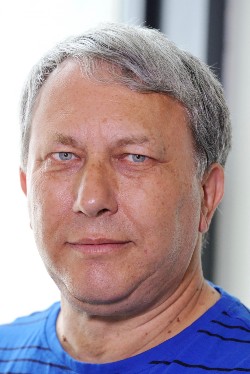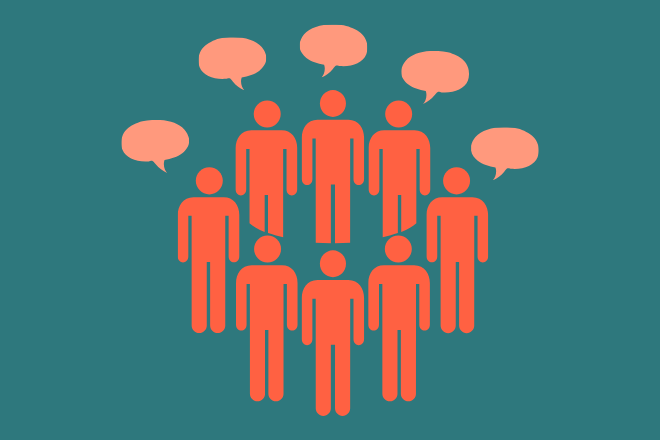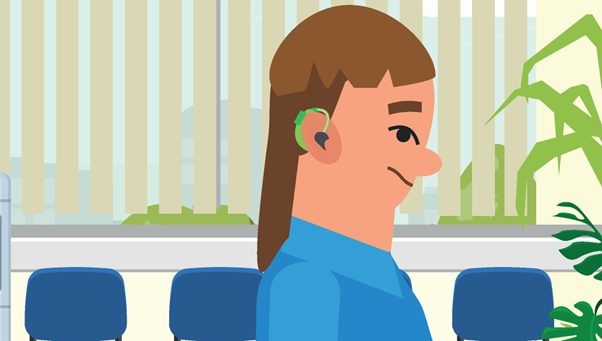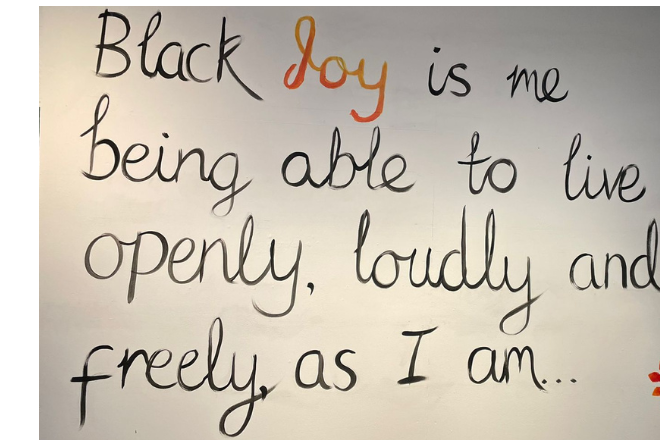Peter Beresford OBE is a writer and activist who identifies as a mental health service user/survivor. After about twelve years using mental health services and seven living on welfare benefits, he currently works as a Visiting Professor at the University of East Anglia, as well as co-chairing the user-led national organisation and network, Shaping Our Lives. In this guest blog, Peter explains how understanding what we bring to the table is key to working together in co-productive ways.
Co-production starts with each and all of us, and one of the lessons I have learned in my life is that we are quite likely to need some help to be able to make the most of it. I can only speak for myself, so let me try and explain how I’ve come to think as I do.
I and my older sister grew up in a minority ethnic single-parent household where there were lots of secrets and I think a strong sense of stigma and shame which, looking back, I think we were drawn into. I think a sense of powerlessness and exclusion as a child helped formulate my interest in and concern with having a say and people being able to have some real control over their lives and what impacted on them.
A long period of mental distress in my thirties and having to rely on poverty-level benefits created more problems, but I think also led to me finding key solutions. And these came from the support of my family; a mental health professional who seemed to have a natural ability to work in a co-productive way before the word was even in common use, and from linking up with other survivors and getting involved in the psychiatric system survivor movement. This last one was especially important for me – as for many others who get involved in collective action on the basis of who they are and their lived experience.

First, I got involved in Survivors Speak Out a pioneering organisation which challenged conventional understandings of madness and distress. Then, I got involved in what became the user-led organisation and network, Shaping Our Lives, which was committed to inclusive involvement, seeking to address diversity with equality and working across different groups of long-term health and care service users. We began to work with other service user organisations, as well as with policy, practice and professional organisations and groupings.
This enabled each of us to rethink who we were, to analyse and often reject the crude individualising, medicalising, and pathologising assumptions about us contained in policy and practice. It also provided the impetus to get involved in developing different aims for and ways of doing research, developing support, involving others inclusively on equal terms, educating professionals and developing policy. Sometimes this worked, sometimes it didn’t. Issues of trust, honesty, openness, and equality were key here to positive results. There could be successful collaborations as we called them, as well as frustrating and ultimately failed ones.
There weren’t simple recipes for success but there did seem to be people in conventional organisations who could collaborate with us equally through their essential preparedness to listen and learn from us, not to judge, and constant willingness to think and do things differently. I think this is because crucially co-production in the fields of policy and professional activity, learning and finding out is about thinking afresh about what ‘expertise’, knowledge and skill are and how we might best work together. Instead of retreating to assumptions that the best knowledge is that from experiment, professional expertise, and formal learning, realizing the equal value of experiential knowledge. Of course, this is critical for people identified as service users, or on the receiving end of professional developments. It is crucially what we bring to the table. It is our defining characteristic.
But that for me is not the end of the story. Yes, we can only speak for ourselves as service users, while researchers and professionals can most helpfully listen to and give equal value to the resulting knowledge. But while all of us may not face exclusion and discrimination – although these can certainly cross over roles and relationships – all of us, whether in service provider or service user roles, have multiple roles and experience. We may have experience as parents, grandparents, as victims of crime and violence, in complex families, of trauma, racism, or heterosexism.
This doesn’t mean we can speak for people who identify as disabled or as having learning difficulties, or indeed anyone beyond ourselves. But it can mean that people are better able to take seriously and value and think through their own experiential knowledge and recognize that, like those in carer and service user roles, they too bring this to the table and it is not only their ‘professional practice’ they have to offer but also the practice wisdom that comes from all of who each of us is. And if we give value to our own lived experience, while not confusing it with other people’s, I think it will help us have better understanding of the latter and be a crucial component for us entering into the aim and real possibility of working together in co-productive ways.
Get in touch
To find out more about Peter’s work, browse some of his publications, visit his research profile, or have a look at his research report on inclusive user involvement: Beyond The Usual Suspects. His best email is peter.beresford@brunel.ac.uk and his Twitter handle is @BeresfordPeter
If you have a co-production story to share, get in touch with us at coproduction@ucl.ac.uk or message us @UCL_CoPro
Illustration for cover by pikisuperstar






.png)
.png)

.png)

.png)
.png)
